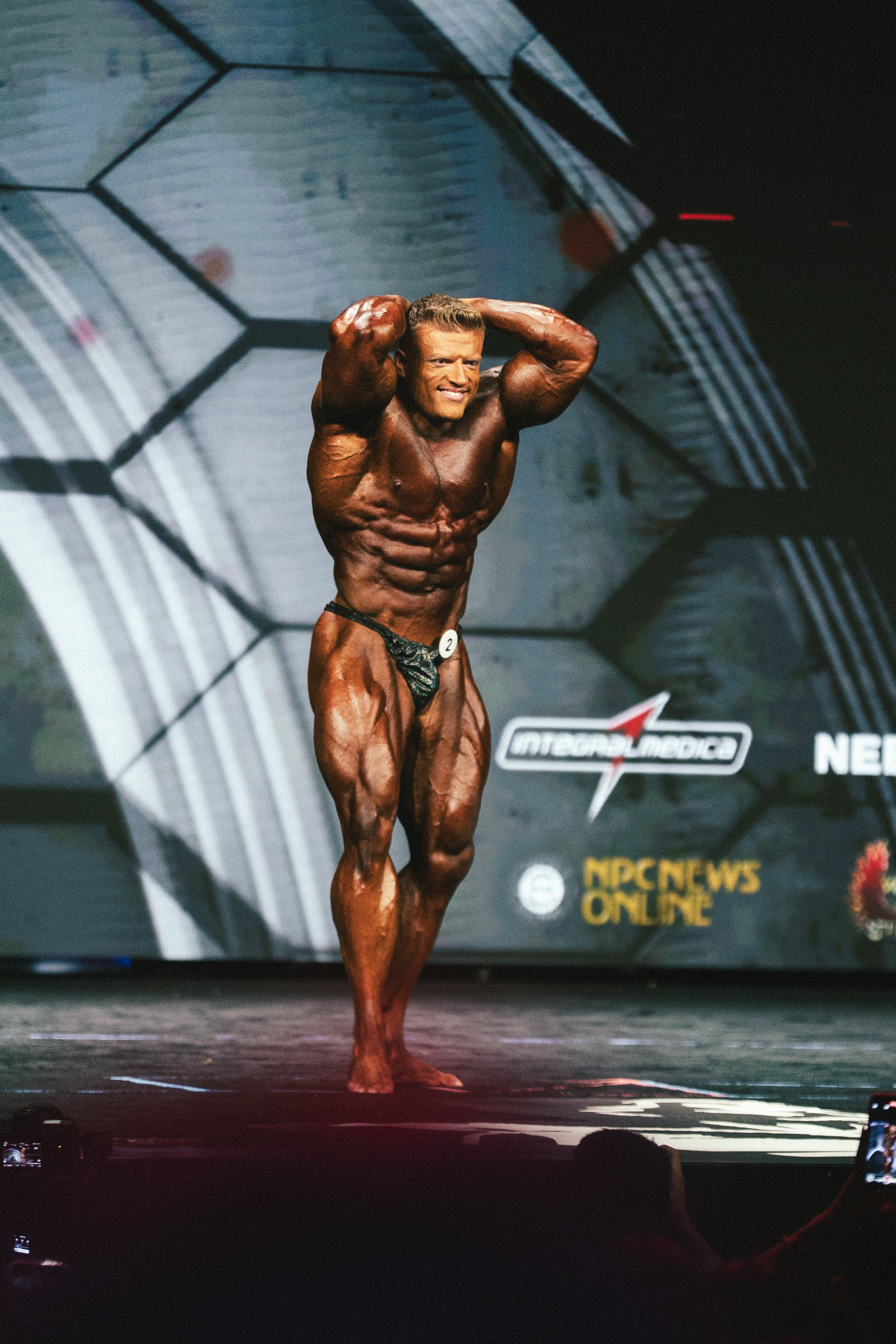Tags: Muscle building, Training, Preparation
How the Body Becomes Stronger and More Efficient
What is Muscle Building?
Muscle building, also called muscular hypertrophy, describes the process by which muscle fibers increase in size and strength. This occurs when the body is stimulated to adapt and perform better through external stresses such as strength training.
Building muscle is not only relevant for bodybuilders – it also plays a central role in general fitness, improves posture, reduces the risk of injury and increases metabolism.
How Does Muscle Building Work?
The human body adapts to stimuli in order to adapt more efficiently to stress. Muscle growth is based on three basic mechanisms:
1. Mechanical Tension
When muscles work under high load, mechanical tension is created. This tension is the primary stimulus for muscle growth, as it signals to the body that it needs to adapt. Particularly effective stimuli are created by strength training exercises with progressively increasing resistance – a principle that can also be found in every gym training plan.
2. Metabolic Stress
During intense exercise, metabolic waste products such as lactate accumulate in the muscles. This "burn" in the muscles during a strenuous set leads to cell swelling and promotes the release of anabolic hormones that support muscle growth.
3. Muscle Damage and Regeneration
Extreme stress causes tiny tears in the muscle fibers (so-called microtraumas). The body repairs these during the recovery phase by strengthening and enlarging them. Adequate rest, nutrients, and sleep are crucial for this process. Muscle recovery tips such as stretching and active recovery play an important role here.
Learn more about the causes and consequences of muscle loss in our blog article about muscle loss – and how you can counteract it.
What Factors Influence Muscle Building?
1. Training
Regular strength training with increasing load provides the necessary stimulus for growth. It's important that the muscles are continually challenged – whether through strength training, new exercises, or targeted training plans for muscle building.
2. Nutrition
Muscles need energy and nutrients to grow. A protein-rich diet promotes muscle repair, while carbohydrates and fats provide the necessary energy. Bodybuilding supplements such as whey protein or ESN products can be helpful here. Protein-rich recipes also support an effective diet.
3. Regeneration
Muscles grow during recovery—not during training. Sleep, active recovery, and sufficient rest between workouts are essential for sustainable muscle building. Bodybuilding beginners often underestimate this factor.
4. Genetic Factors
Every person has an individual genetic predisposition for muscle building. Factors such as muscle fiber distribution, hormone balance, and body type influence how quickly and to what extent muscle growth is possible .
Conclusion
Muscle building is a natural adaptation process of the body, promoted by targeted training, a balanced diet, and adequate recovery. Those who remain consistent and apply the right stimuli can build muscle mass and increase their physical performance in the long term.


